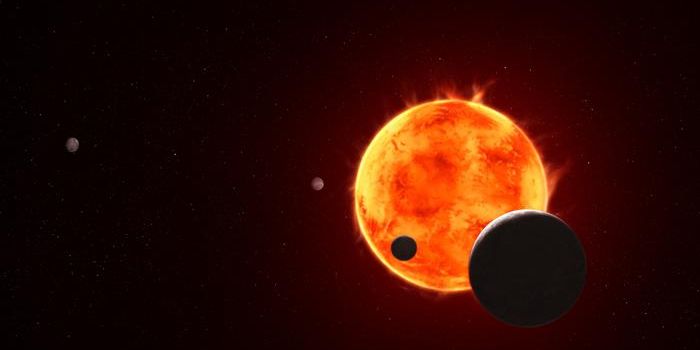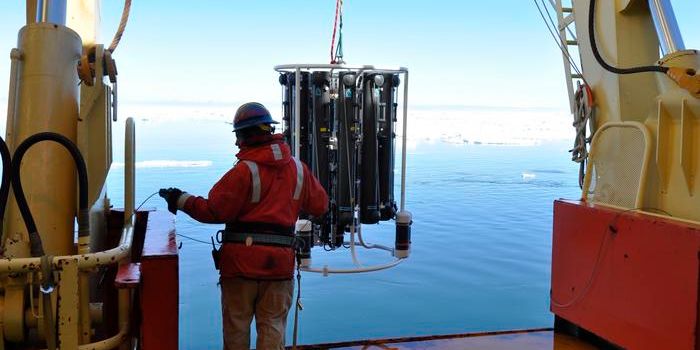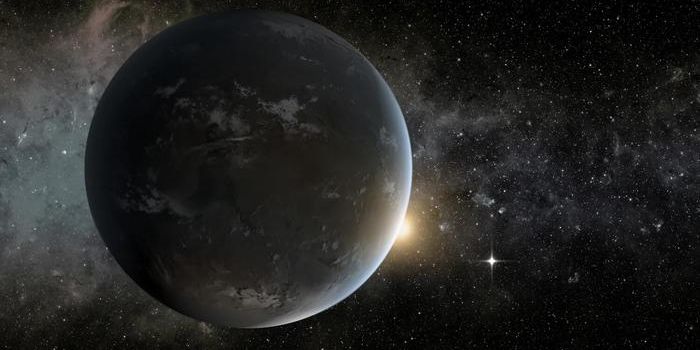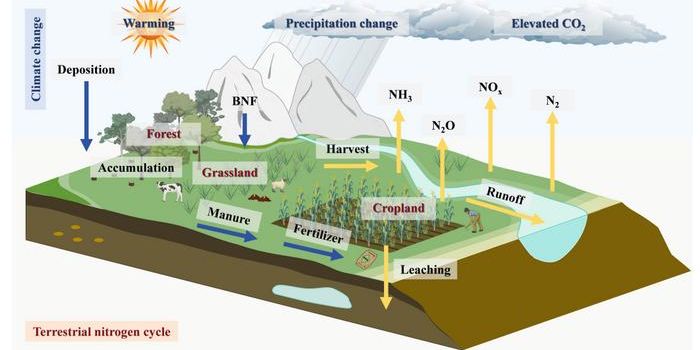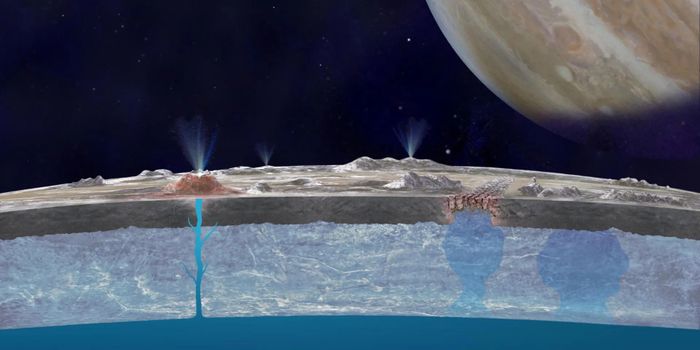What's Next For Fusion Energy?
On December 5, the first net gain of fusion energy was recorded at Lawrence Livermore National Laboratory. Now that we’ve crossed that threshold, what comes next for fusion energy?
We’ve determined that this amount of energy is not enough to commercialize fusion energy. The 3.15 megajoules produced are only enough to boil a few gallons of water. The lasers used in the fusion reaction must fire much faster— millions of times faster.
Experts predict that we won’t have the technology to produce fusion energy for at least 20-30 years, meaning that this clean energy alternative will not be widely available by the world’s net zero-emissions goal of 2050.
The next test for the National Ignition Facility’s laser is scheduled for February. The team’s primary goal is to increase the energy produced in the reaction. This can be done in several ways—using more power in the laser, increasing the precision of the laser blast, even upgrading the facility—but this might take years, if not decades.
The diamond fusion capsules that contain the fusion fuel (hydrogen) aren’t perfect, and neither are the frozen hydrogen isotopes. The hydrogen “ice” would be created, melted, and reformed multiple times before the laser is fired because such tiny imperfections can make a massive difference in the fusion reaction.
LLNL is also working on a program that can scour the capsules for imperfections much more efficiently than scientists can.
The chief engineer for the National Ignition Facility's laser Jean-Michel Di Nicola said the laser should produce 8% more energy than it did in the first test.
There’s also the possibility that magnet-based fusion could win out, commercializing fusion energy faster than lasers can.
But fusion scientists are patient, and even better, they’re optimistic, said Denise Hinkel, a scientist at LLNL. It’s essential for the job, she said. “Otherwise, you wouldn't stay in the field.”
Source: Bloomberg


